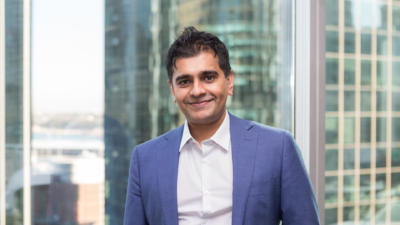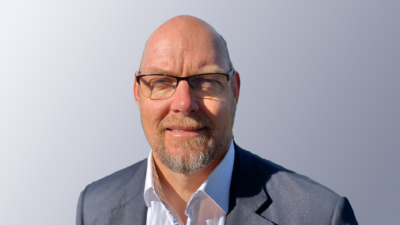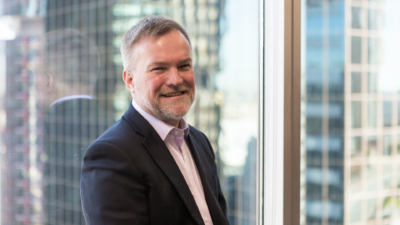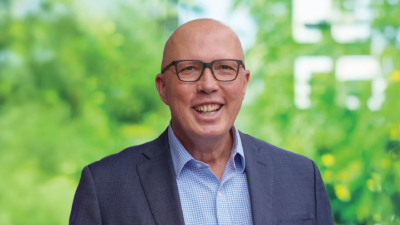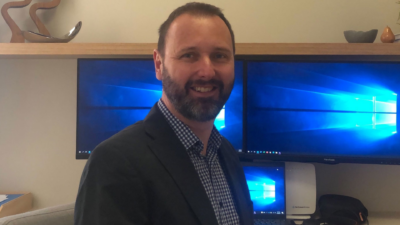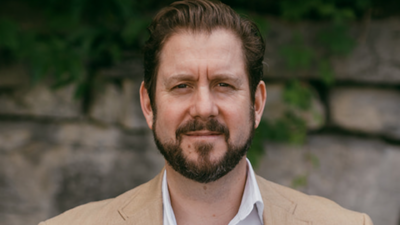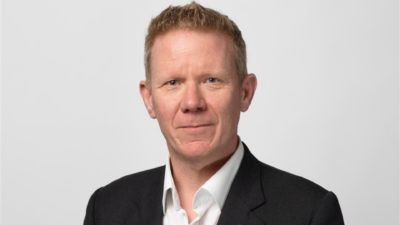-
Sort By
-
Newest
-
Newest
-
Oldest
-
All Categories
-
All Categories
-
Appointments
-
Custody
-
ESG
-
Funds Management
-
Super
A key architect of the compulsory retirement savings system lauds its many achievements, stretching from the national economy to the individual. Where it’s double faulting is in serving members – and it needs to be addressed promptly.
With performance and diversification driving demand, these funds are expected to experience four-fold global growth over the next decade to nearly $AU65 trillion.
With the introduction of MySuper, it seemed investment options based on a person’s age would be the wave of the future. While there were some early adopters, the balanced approach has remained the preferred option.
With Australia’s retirement pool of savings at $4.2 trillion, this nefarious activity is going to become more prevalent, especially with hackers having access to increasingly sophisticated technology.
The ASIC report into death benefit claims revealing the devastating impact of poor industry practices on grieving Australians has again highlighted the pressing need for change. While some funds have taken up the cudgels, others are still playing hardball on improving their service offering.
A Retirement Income Covenant obligation notwithstanding, there is still a paucity of these complex products on offer. The Advice Through Superannuation draft legislation might offer a way forward.
The Coalition has pledged to give young Australians access to up to $50,000 in their retirement savings to get a toehold in the housing market. Super funds say it will only further inflate property prices.
Regulators are on red alert as this technology spreads like wildfire, presenting increasing issues, risks and challenges for global financial markets.
In the wake of the Hayne Royal Commission, industry funds reigned supreme. It has taken more than five years, but the for-profit funds are finally back in the game as the not for profits increasingly struggle to service members nearing or in retirement.
While ESG and diversity have been caught up in the political headwinds in the US, this investment strategy, approaching $US2 trillion in funds under management, is well placed to not only survive but thrive.
While the White House’s economic nostrums are rattling the markets, the long-term outlook for commercial and investment relations between the two countries is positive, with a recent summit in the US further cementing ties.
Despite being a growing reservoir of funds under management, this critically important pool of capital is confronting mounting problems collating and disseminating key data in a timely manner.



